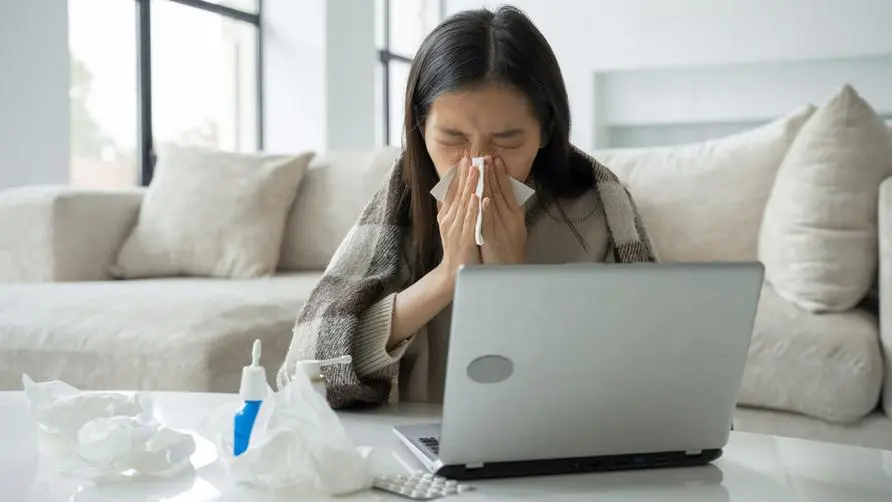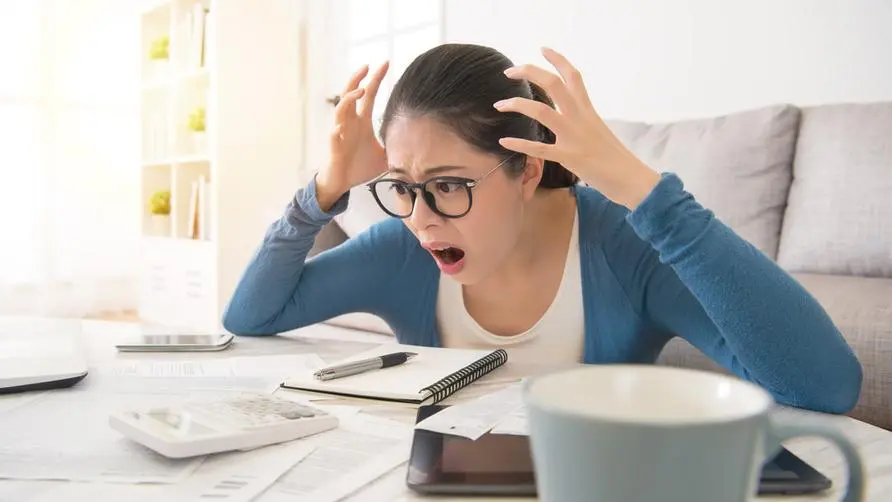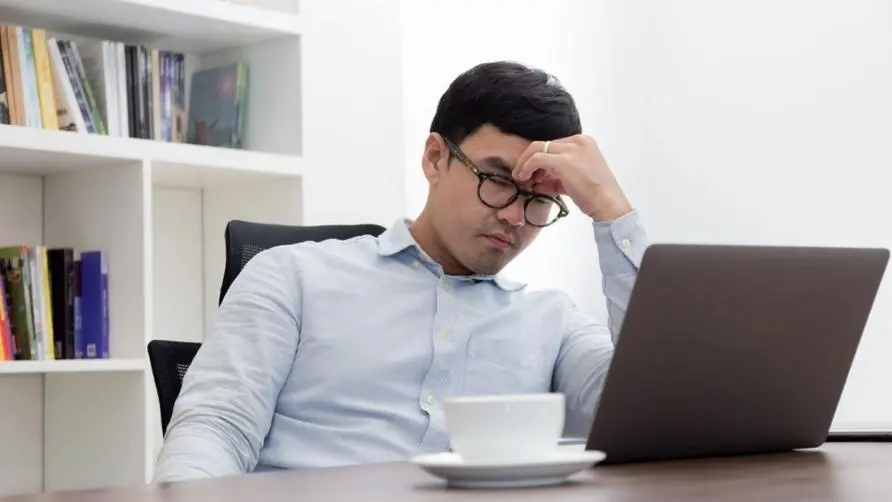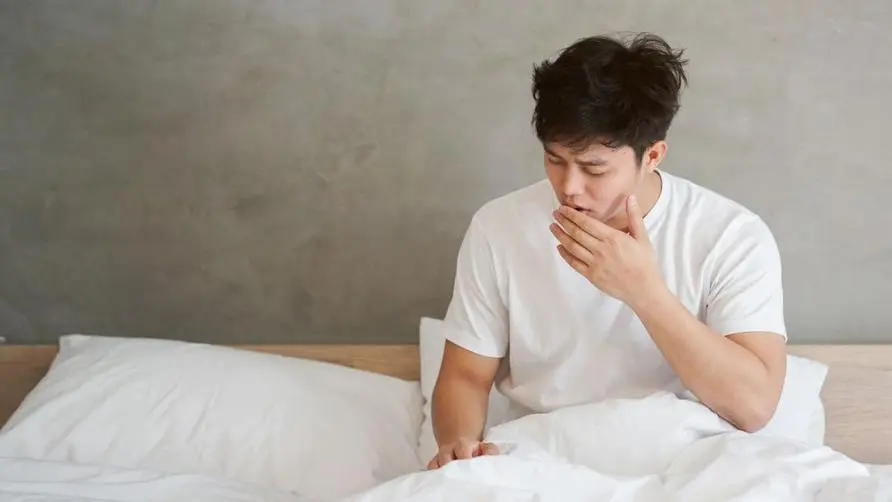Stop lying in bed after work and fooling around! Is watching dramas and skating on IG "ineffective relaxation"? Expert: Do "7 Things" to Effectively Relieve Stress
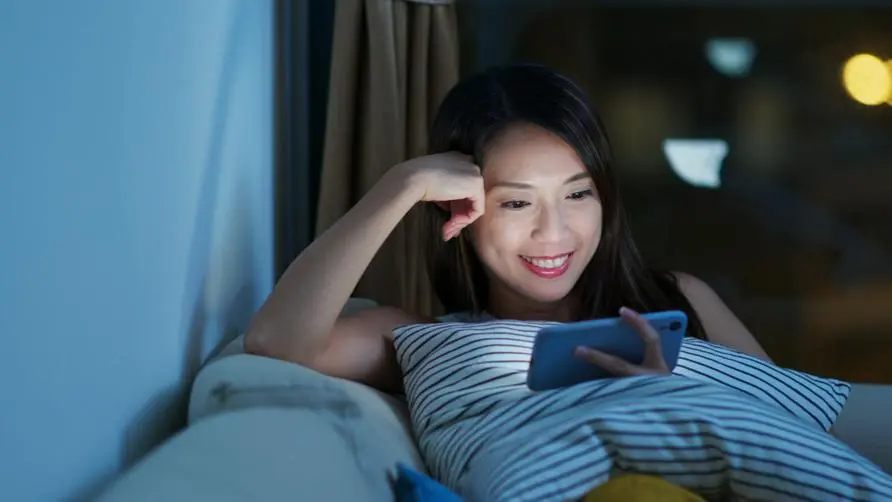
Is “playing crap” a good way to relax?
For many people, they are exhausted from working from Monday to Friday, and it is natural that weeknights and weekends are used to “relax”. However, many office workers always feel that they are getting more and more tired, and no matter how much they relax, there seems to be no way to repair it. For example, the power bank is gradually running out of charge, and energy is consumed faster and faster during the day.
Many people may have problems with the way they “relax”. The way most people choose to relax is based on things that can make the brain “happy”, such as eating delicious food, shopping, watching TV, scrolling on IG, watching the eight o’clock show, wasting time on the Internet, and watching fragmented variety show clips , in a word, in contemporary terms, it is “waste”.
The drive to waste is actually driven by dopamine, which prompts people to approach things that make them feel desirable, food, sensual pleasure, squandering money, mass media programs that purely receive information in one direction, and communities that constantly force the gaze to follow Dynamic pages.
These behaviors stimulate the secretion of dopamine, making the brain seem to feel happy. In fact, excessive dopamine can cause stress. While looking forward to the desired goal, you will also feel anxious. Just think back to how you felt after buying 500 yuan of salty crispy chicken one night and you should be able to understand. People often adopt irrational behaviors to relieve anxiety in stressful situations (work, life, family), and this behavior in turn increases stress.
7 Stress Relief Strategies That Really Work
Therefore, for the brain, the truly effective way to relieve stress is not to satisfy desires that secrete dopamine, but to reduce stress hormones and focus on yourself.
“The American Psychological Association points out that the most effective strategies for relieving stress include exercising or playing ball, getting together with family and friends, getting a massage, going for a walk, meditating, yoga, and engaging in creative hobbies; the least effective strategies are gambling, shopping, smoking, drinking, Eating, playing video games, surfing the Internet, and watching TV and movies for more than two hours…
True stress relief does not stimulate the release of dopamine or rely on the promise of reward, but rather increases mood-enhancing brain chemicals such as serotonin, gamma-aminobutyric acid (GABA), and the good-mood hormone oxytocin. It also helps shut down the brain’s stress response, reduces stress hormones in the body, and induces a healing relaxation response. " (See page 220 of Kelly McGonigal’s “Easy Harnessing Willpower”)
Your body is actually not that tired
If you are not engaged in a high-effort job, then a large part of the fatigue you feel after work is actually the result of excessive accumulated stress in the brain that is not released properly. In other words, your body is not actually that tired, but your brain makes you very tired. Feelings that give you an excuse not to engage in sports, walks, exercise, and creative activities. In fact, by switching your attention and engaging in various activities that are completely different from your daily work pattern, you can achieve the effect of relaxing your brain.
Therefore, what modern people need may not be to subscribe to more streaming platforms. Think about how many people subscribe to Disney+, Netflix, HBO and even KKBOX in order to relax. As a result, they watch dramas and go to YT for two hours a day. It’s really Do you feel more relaxed and more energetic at work the next day? Don’t overwhelm yourself with too much content, but look for a pattern that allows you to “actively rest.”
“Correct relaxation is just the opposite. It is “active rest.” It does not mean doing nothing, but engaging in some purposeless and profitless behaviors. Concentration quiets the mind and body, but maintains clear awareness. It may be hard to believe that focusing on organizing desk drawers for an hour is rest and relaxation. This kind of relaxation is inner peace, active and slow, and the mind clearly knows what it is doing at every moment. " (See Psychologist Lin Renting: “Why bother what others think, no one will care anyway” pages 144-145)
Find a way to relax that suits you, and don’t think it is a waste of time. If you feel your mind is clearer and your mood is more stable after relaxing, it means that your brain has achieved a relaxation effect.
Of course, in terms of health, it is an activity that can not only relax but also achieve multiple benefits. Exercise is still the option with the highest CP value, which can exercise physical fitness and improve concentration at the same time. It might be a good start to turn off your cell phone and computer 5-10 minutes in advance every day and do 5-10 minutes more exercise.
Further reading:
